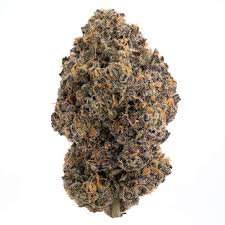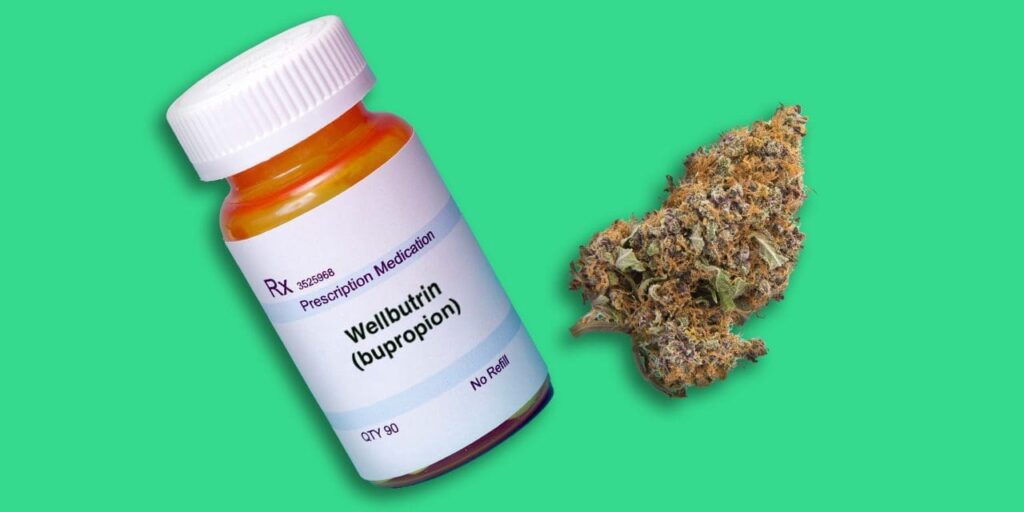Understanding Cannabis: A Comprehensive Guide to Its Benefits, Uses, and Legal Landscape
Cannabis has long been a topic of discussion, often surrounded by stigma and misunderstanding. However, in recent years, there has been a significant shift in public perception, leading to increased interest in the plant’s medicinal and recreational benefits. This blog aims to provide a comprehensive overview of cannabis, exploring its uses, benefits, and the evolving legal landscape.
What is Cannabis?
Cannabis is a plant that belongs to the Cannabaceae family, which includes three primary species: Cannabis sativa, Cannabis indica, and Cannabis ruderalis. Each species has unique characteristics, including differences in growth patterns, chemical composition, and effects on users.
Key Components of Cannabis
- Cannabinoids: These are the active compounds found in cannabis. The two most well-known cannabinoids are:
- THC (Tetrahydrocannabinol): The primary psychoactive component responsible for the “high” associated with cannabis use.
- CBD (Cannabidiol): A non-psychoactive compound that has gained popularity for its potential therapeutic benefits.
- Terpenes: These are aromatic compounds found in many plants, including cannabis. Terpenes contribute to the plant’s scent and flavor and may also influence its effects. Common terpenes include myrcene, limonene, and pinene.
- Flavonoids: These compounds contribute to the color and flavor of cannabis and may also have therapeutic properties.
The Benefits of Cannabis
Cannabis has been used for centuries for various purposes, from medicinal to recreational. Here are some of the most notable benefits:
1. Pain Relief
One of the most common reasons people turn to cannabis is for pain relief. Studies have shown that both THC and CBD can help alleviate chronic pain, making cannabis a viable alternative to traditional pain medications. This is particularly beneficial for those suffering from conditions like arthritis, fibromyalgia, and multiple sclerosis.
2. Anxiety and Stress Reduction
Many users report that cannabis helps reduce anxiety and stress levels. CBD, in particular, has been studied for its anxiolytic properties. It may help calm the mind and improve overall mood, making it a popular choice for those dealing with anxiety disorders.
3. Sleep Aid
Cannabis is often used as a natural sleep aid. Certain strains, particularly those high in myrcene, may promote relaxation and help users fall asleep faster. This can be beneficial for individuals struggling with insomnia or other sleep disorders.
4. Appetite Stimulation
THC is known to increase appetite, often referred to as the “munchies.” This can be particularly helpful for individuals undergoing treatments like chemotherapy, which can suppress appetite. Cannabis can help improve food intake and overall nutrition.
5. Neuroprotective Properties
Research has suggested that cannabinoids may have neuroprotective effects, potentially benefiting individuals with neurodegenerative diseases such as Alzheimer’s and Parkinson’s. While more research is needed, preliminary studies are promising.
The Legal Landscape of Cannabis
The legal status of cannabis varies widely around the world and even within countries. Here’s a brief overview of the current legal landscape in different regions:
1. United States
In the U.S., cannabis legality varies by state. As of now, several states have legalized cannabis for both medical and recreational use, while others have only approved it for medical use. However, cannabis remains illegal at the federal level, creating a complex legal environment.
2. Canada
Canada fully legalized cannabis for recreational use in October 2018, becoming the second country in the world to do so. The Cannabis Act regulates its production, distribution, and consumption, ensuring safety and quality.
3. Europe
The legal status of cannabis in Europe varies significantly. Countries like the Netherlands have decriminalized cannabis, allowing its sale in licensed coffee shops. Others, like Portugal, have decriminalized all drugs, including cannabis, focusing on harm reduction rather than criminalization.
4. Australia
In Australia, cannabis is legal for medical use in some states, but recreational use remains illegal. However, there is ongoing discussion about potential reforms.
Choosing the Right Cannabis Product
With the growing popularity of cannabis, a wide range of products is available on the market. Here are some common forms of cannabis products:
1. Flower
The traditional form of cannabis, flower is the dried and cured buds of the plant. It can be smoked, vaporized, or used in edibles.
2. Oils and Tinctures
Cannabis oils and tinctures are concentrated extracts that can be taken sublingually (under the tongue) or added to food and beverages. They offer precise dosing and are often preferred for medicinal use.
3. Edibles
Cannabis-infused edibles, such as gummies, chocolates, and beverages, provide a discreet and tasty way to consume cannabis. However, it’s essential to start with a low dose, as the effects can take longer to onset compared to smoking.
4. Topicals
Cannabis-infused creams, balms, and lotions are applied directly to the skin. They are often used for localized pain relief and do not produce psychoactive effects.
5. Capsules
Cannabis capsules offer a convenient way to consume cannabis in a pre-measured dose, making them ideal for those who prefer not to smoke or use oils.
Responsible Use of Cannabis
As with any substance, responsible use of cannabis is crucial. Here are some guidelines to consider:
- Start Low and Go Slow: If you’re new to cannabis, start with a low dose and gradually increase it until you find the right amount for your needs.
- Know Your Strains: Different strains have different effects. Indica strains are typically more relaxing, while sativa strains are more energizing. Hybrid strains combine characteristics of both.
- Stay Informed: Understanding the legal status of cannabis in your area is essential to avoid legal issues.
- Consult a Professional: If you’re considering cannabis for medical purposes, consult with a healthcare professional knowledgeable about its use.
Conclusion
Cannabis is a versatile plant with a rich history and a promising future. As research continues to uncover its benefits and the legal landscape evolves, more individuals are likely to explore its potential. Whether for medicinal use or recreational enjoyment, understanding cannabis is crucial for making informed decisions. By embracing responsible use and staying informed, we can appreciate the many ways cannabis can enhance our lives while fostering a more sustainable and informed approach to its consumption.


